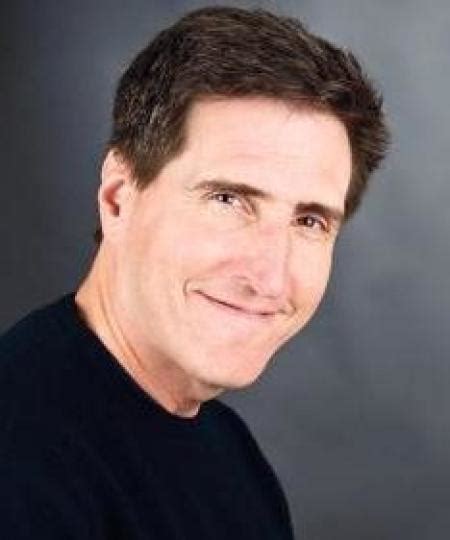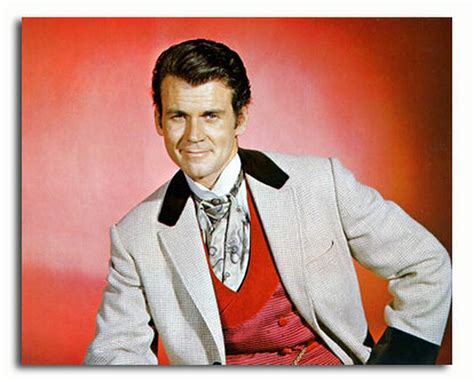A Quote by Nancy Kress
Some writers find that they don't know their themes until they've finished the first draft (I am one). They then rewrite with an eye toward balancing on that tightrope: not too contrived, not too rambling; does what I'm saying about the world below me actually add up to anything? Other writers pay attention to these things as they write the first draft. Either way, an awareness of the macro and micro levels of theme can provide one more tool for thinking about what you should write, and how.
Quote Topics
About
Actually
Add
Am
Anything
Attention
Awareness
Balancing
Below
Contrived
Does
Draft
Either
Eye
Find
Finished
First
How
Know
Levels
Macro
Me
Micro
More
Other
Pay
Pay Attention
Provide
Rambling
Rewrite
Saying
Should
Some
Theme
Themes
Then
Things
Thinking
Tightrope
Too
Tool
Toward
Until
Up
Way
World
Write
Writers
Related Quotes
It can take years. With the first draft, I just write everything. With the second draft, it becomes so depressing for me, because I realize that I was fooled into thinking I'd written the story. I hadn't-I had just typed for a long time. So then I have to carve out a story from the 25 or so pages. It's in there somewhere-but I have to find it. I'll then write a third, fourth, and fifth draft, and so on.
Writers often have a 'drunk' that is different than anyone else's. That's why it's so insidious and so damning. First of all, because they can write when they're drinking - or they think they can. A lot of writers will tell me - and this is the latest one I've heard - you drink while you're thinking about what to write, but when you actually write, you sober up.
I am a technophile, so there is no such thing as a first draft. The first draft plunges on, and about a quarter of the way through it I realise I'm doing things wrong, so I start rewriting it. What you call the first draft becomes rather like a caterpillar; it is progressing fairly slowly, but there is movement up and down its whole length, the whole story is being changed. I call this draft zero, telling myself how the story is supposed to go.
The best advice on writing was given to me by my first editor, Michael Korda, of Simon and Schuster, while writing my first book. 'Finish your first draft and then we'll talk,' he said. It took me a long time to realize how good the advice was. Even if you write it wrong, write and finish your first draft. Only then, when you have a flawed whole, do you know what you have to fix.
I tend to write things seven times before I show them to my editor. I write them seven times, then I take them on tour, read them like a dozen times on tour, then go back to the room and rewrite, read and rewrite... I would never show him a first draft, because then he's really going to be sick of it by the twelfth draft.
I'm not sure if a writer should talk about themes. Themes arrive out of the deeper structure and concerns, but to me, the main thing is getting it down right, writing about specific characters in specific predicaments, and finding a way to be true to the story itself, not only in the first burst of draft but in the revision, too.
I work sometimes from outlines, which are immediately abandoned. Sometimes, when I'm trying to find the characters, I'll sketch things out a bit. Sometimes, outlines help me aim a little bit, but I tend to find it's usually much more interesting, especially with the first draft, to spew it onto the page. I used to get very nervous that, if I write this first rough draft and I die that night, whoever finds it might think that I thought it was good. For me, it's much more important to get some general shape onto the page and later take all the time I need to refine it, fix it, and rewrite it.
The longer I write, the more important I believe it is to write the first draft as fast as possible. In drafting, I push myself so I am at the edge of discomfort...Later, it will be time for consideration and reconsideration, slow, careful revision and editing. But on the first draft I have to achieve velocity, just as you do if you want the bike to balance.
I write first drafts feverishly fast, and then I spend years editing. It's not that sentence-by-sentence perfectionist technique some writers I admire use. I need to see the thing, in some form, and then work with it over and over and over until it makes sense to me - until its concerns approach me, until its themes come to my attention. At that editing stage, the story picks itself and it's just up to me to see it, to find it. If I've done a good job, what it all means will force me to confront it in further edits.




































